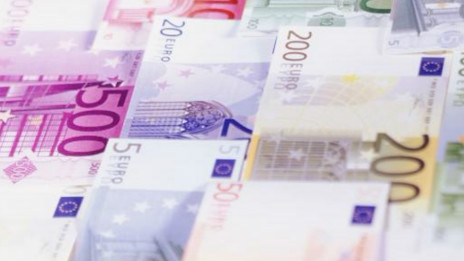Ireland exits bailout programme 爱尔兰退出欧元区债务救助计划

The Irish government received 67.5bn euros in loans
媒体英语会带大家一起学习 BBC 撰稿人在报道世界大事时常用到的单词和短语。
收听与下载
爱尔兰曾因欧元区债务危机面临经济崩盘。欧盟和国际货币基金组织先后三年向其提供了近675亿欧元财政缓助。从本周开始,爱尔兰将恢复其金融自主,与其他国家一样在资本市场集资。以下是 BBC 经济记者 Andrew Walker 的报道。
It is being called Ireland's exit from the bailout. If all goes to plan Ireland will receive no more financial assistance. It does not mean that the money has been repaid - that will take until 2042.
Ireland will still need to borrow - and all the signs are that it will be able to do so in the financial markets at an affordable cost. The country's economy has shown signs of stabilisation. It has grown, though erratically, and unemployment is down from its highs. But living standards have been hit - the economy is still 9% smaller than it was six years ago.
This is an important stage in the Eurozone's financial repair effort. Ireland is the first country to be bailed out to get to this stage. Portugal is due to do it next year, though there are concerns that it might need more financial help.
Greece and Cyprus are further away from getting back on their feet financially. It certainly helps that the recession in the Eurozone has ended - that the economy of the region as a whole has started to grow again. But it is still feeble growth.
Europe needs stronger performance to generate the tax revenue that could really help struggling governments get control of their borrowing needs.
Glossary 词汇表 (点击单词收听发音)
- affordable负担得起的
- stabilisation稳定
- erratically 不规律的,难以预测的
- getting back on their feet恢复
- feeble微弱的,无力的
- revenue (公司、组织的)收入,收益;(政府的)财政收入,税收